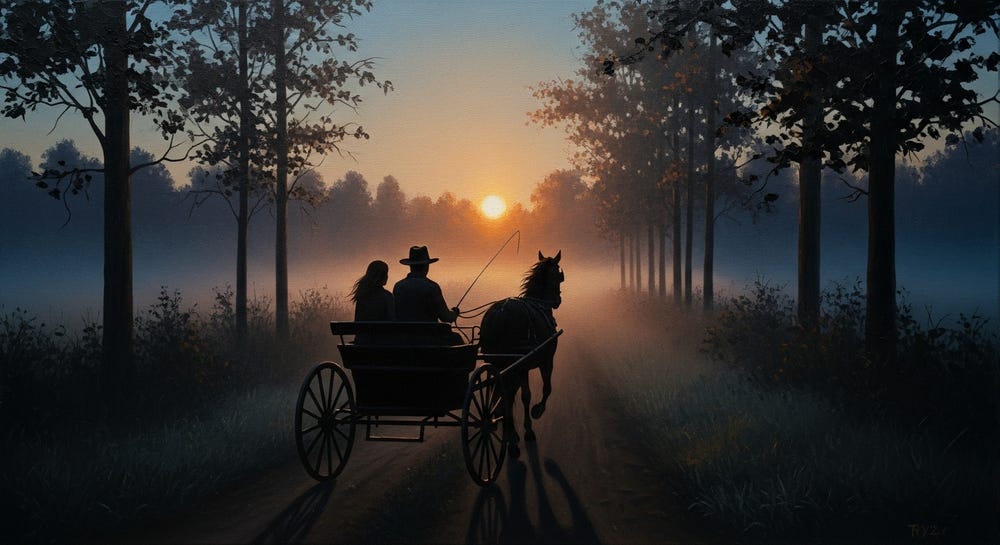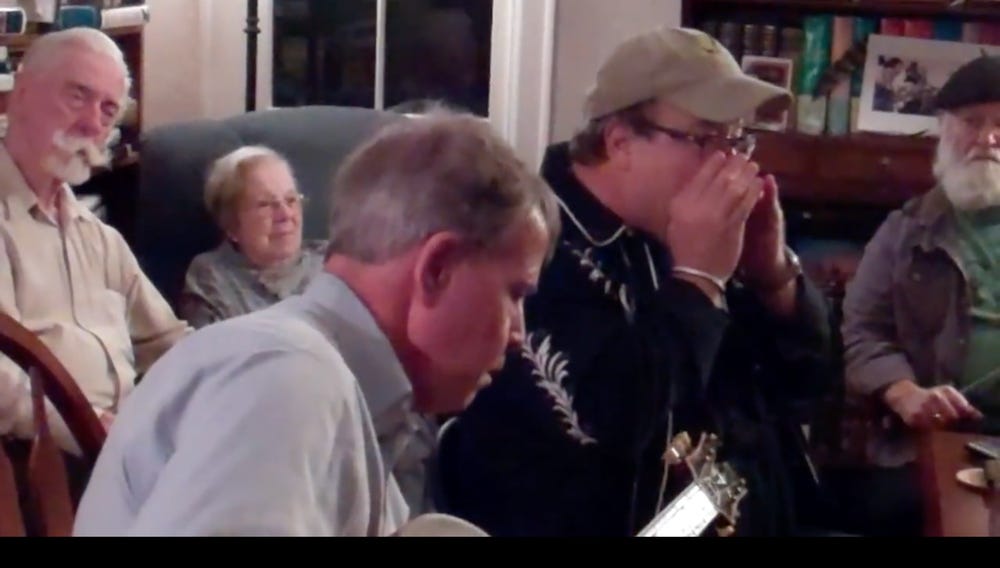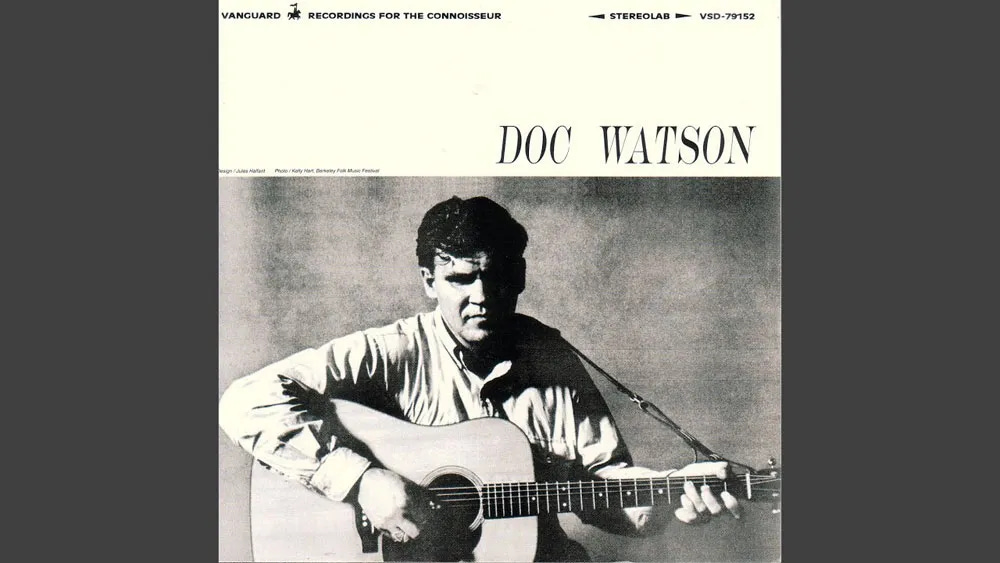"Amelia's Waltz"
Description
In his quarter century with The Flood, the late Doug Chaffin brought dozens of great tunes to the band, and the loveliest of the bunch was one of the last.
The truth is we always listened to everything Doug told us, because his musical instincts were usually right on the money. For instance, whenever we were playing a show and Doug leaned over and whispered, “Hey, maybe we oughta do this song next,” Charlie Bowen revised the set list on the fly, because Doug had a sixth sense about what people would like to hear.
That’s why a half dozen years ago, when Doug told us we ought to learn “Amelia’s Waltz,” we perked up. The song ended up being one of the sweetest tracks on our 2019 Speechless album, as you can hear in the video above.
The piece you hear sounds like an old tune, but it actually was written in 1981 by Bob McQuillen, the late New Hampshire composer, who penned it in honor of the then-three-and-a-half year-old daughter of a friend and fellow musician, a woman named Deana Stiles.
“Amelia’s Waltz” is one of those sweeping melody that sounds like it ought to be the soundtrack of a big, lush movie. And it turns out that the plot of such a movie could easily be based on the tune’s very namesake.
So, Who is Amelia?
Considered the dean of contra band music in America, the late Bob McQuillen — “Mac” to his friends — wrote some 1,300 tunes in his 60 years of playing. Most of his compositions he named after people or events in his New England life, and the song named “Amelia’sWaltz” is one of his best.
Besides having a gorgeous song named for her, Amelia Stiles’ other claim to fame is that she was born in a New England curiosity, a structure called “The Lindbergh Crate,” and…. well, heck, let’s let Mac himself tell that tale.
A few years before his death in 2014 at age 90, McQuillen was interviewed by a Danish fiddle website about the back story of “Amelia’s Waltz” and here’s what he told them.
“This is sort of complicated,” he began. “After Charles Lindbergh flew across the ocean in the Spirit of St. Louis, the thing was to get the plane back. They took the wings off and put them in one crate and the fuselage in another, then sent the whole thing back to this country aboard ship.
“I don’t know where the wings box went, but the fuselage crate eventually wound up on the banks of the Black Water River in Contoocook, a little town in New Hampshire.” Later, someone added a slanted roof to the crate and turned it into a little cabin in pretty little spot in the piney woods.
“Now along comes Deanna Stiles,” Mac continued, “and she lives in this thing for a while. She also develops a fondness for some dude and out of that we get the emergence of a cute little baby girl, who, because this was Lindbergh’s crate, was named Amelia (after Amelia Earhart). About three years or so after that was when I decided that Amelia ought to have a tune. And that’s how it all happened.”
The earliest recording of the tune we’ve found is John McCutcheon's 1982 release on his Fine Times at Our House album for Greenhays.
And Whither the Crate?
Meanwhile, The Lindbergh Crate has had a moving history of its own (with the accent on the moving….)
Its modern chapter began in 1990, when history lover Larry Ross purchased the structure from David Price of Contoocook. Price had received higher offers, but Ross convinced him to sell the crate for $3,000 when he explained his vision to use it as a museum and an educational tool for children. Ross brought the crate from New Hampshire to his property in Canaan, Maine.
There, Ross restored the 290-square-foot crate in his backyard, adding a new roof, porches, doors and windows, transforming it into the Lindbergh Crate Museum. Inside, he displayed donated Lindbergh memorabilia, including a bust, letters, tapestries and photographs.
For 30 years, Ross hosted an annual “Lindbergh Crate Day” for the community, but during the Covid pandemic, he decided it was time to downsize and sought a new home for the crate.
He connected with Morrill Worcester, founder of Wreaths Across America, whom Ross had previously invited to Lindbergh Crate Day.
Ross felt Worcester’s location in Columbia Falls, Maine, was suitable because the nonprofit’s mission—”remember, honor, teach”— aligned with the crate’s educational purpose.
The Lindbergh Crate was shipped in October 2020 from Canaan and arrived safely at the Wreaths Across America Museum in Columbia Falls. Last year it was moved again to nearby Jonesboro, Maine, where it has been restored by the Worcester family.
This is a public episode. If you would like to discuss this with other subscribers or get access to bonus episodes, visit 1937flood.substack.com
























